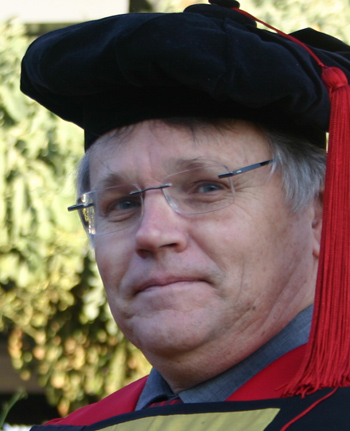Latest News Archive
Please select Category, Year, and then Month to display items
12 October 2020
|
Story Arina Engelbrecht
|
Photo Supplied
 Arina Engelbrecht from Organisational Development and Employee Well-being believes physical activity has a number of benefits for one’s health, including stress relief.
Arina Engelbrecht from Organisational Development and Employee Well-being believes physical activity has a number of benefits for one’s health, including stress relief.
Being physically active plays a big role in preventing the development of mental-health problems and in improving the quality of life of people experiencing mental-health problems.
Treatment for depression
Physical activity can be an alternative treatment for depression. It can be used as a stand-alone treatment or in combination with medication and/or psychological therapy. It promotes all kinds of changes in the brain, including neural growth, reduced inflammation, and new activity patterns are formed that promote feelings of calm and well-being. It releases endorphins – powerful chemicals in the brain that energise your spirit and make you feel good.
Physical activity can be very effective in relieving stress. Research in adults has found that physically active individuals tend to have lower stress levels compared to individuals who are less active. It also leads to improved sleep. When a person sleeps better and feels more rested, overall quality of life improves. They cope better with daily life stressors.
Reduce Alzheimer's risk
Regular physical activity can reduce your risk of developing Alzheimer's disease by up to 50%. It can also slow down further deterioration in those who have already started to develop cognitive problems. It stimulates the brain’s ability to maintain old connections as well as to make new ones.
A study asked people to rate their mood immediately after periods of physical activity (e.g. going for a walk/run, cycling, doing housework) and periods of inactivity (e.g. reading a book or watching television). Researchers found that participants felt more content, more awake, and calmer after being physically active compared to after periods of inactivity.
In conclusion, people who are physically active feel a sense of well-being, feel more energetic throughout the day, sleep better at night, have sharper memories, and feel more relaxed and positive about themselves and their lives.
“Being physically active not only changes your body, it changes your mind,
attitude, and your mood.” – Arina Engelbrecht
Prof Britz heading to Yale
2013-04-22
|
 |
Prof Dolf Britz
Photo: Supplied
22 April 2013 |
Prof Dolf Britz has been awarded the honour of an appointment at Yale Divinity School (YDS) at Yale University in New Haven, Connecticut, in the United States. Starting in August 2013, Prof Britz will be involved in research initiatives and the teaching of post-graduate seminars at the university, which was founded in 1701.
The appointment is the natural progression of a collaboration agreement between the University of the Free State (UFS) and Yale University which dates back to 2009 with the formation of the Jonathan Edwards Centre Africa. The strategic partnership focuses on increasing African access to quality education and is geared towards empowering new-generation African leaders in academic and faith-based organisations with primary scholarly resources, research, education and publication.
Prof Britz’s appointment is equally exciting to the respective faculties involved at the UFS and Yale.
“We are most grateful that the generous support by the University of the Free States makes it possible for Prof Britz to be with us in this capacity,” said Prof Carolyn Sharp, Interim Associate Dean of Academic Affairs at YDS.
Prof Adriaan Neele, the Director of the Jonathan Edwards Center at Yale and extraordinary professor at the UFS, thinks Prof Britz’s appointment can be just as beneficial to YDS students.
“Prof Britz’s keen insight in historical primary sources will be very beneficial to Yale’s students and the faculty. His appointment demonstrates the strategic nature of the academic relationship between the UFS and Yale,” he said.